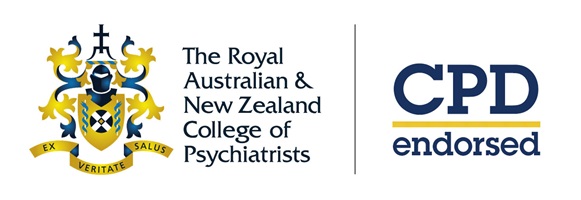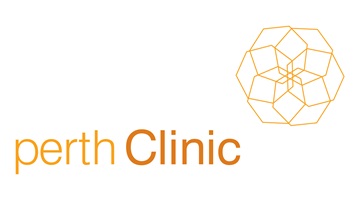UWA PLUS
rTMS Training course - practical application RTMSM502
This microcredential provides hands on training on state of the art rTMS devices with assisted neuronavigation technology. The course comprises a half day practical training session using different stations to teach key practical skills. The training involves ongoing formative assessment and feedback from experienced health practitioners. Participants' skills are then formally evaluated by an experienced health practitioner. To meet the formal accreditation requirements of the course, students must engage in an additional 10 hours of supervised practice with an accredited professional. This can be done in one of UWA's partnering TMS clinics, and/or through an incursion to individual clinics and centres by accredited UWA TMS practitioners. No extra charge is involved for these hours
Upon successful completion, you'll receive:
- One PD Point, stackable for conversion to academic credit
- A Certificate of Achievement
- A UWA Plus Professional Development Transcript, listing all successfully completed micro-credentials
- Delivery mode
- Face to face, will be delivered at a TMS clinic
To complete the micro-credential, you will watch a series of pre-recorded lectures before attending the one-day hands-on training session. On the training day, you will be assessed for the specific skills required to deliver rTMS in a clinical setting.
- Course dates
- 21 March 2026
- Registrations open
- Registrations will close on 14 March 2026
- Duration
- One day course with online material and assessments available for 4 weeks
- Effort
- Attendance is required at the one day course, but up to 25 hours of additional effort is required to gain the required knowledge and pass the assessment.
- Pre-reading: 12 hours
- Recorded content: 8 hours
- Training and supervised practice: up to 14 hours
- Assessment: 1 hour
- Academic Lead
- Associate Professor Jennifer Rodger
- Cost
- $880 inc. GST
- Critical information summary
- RTMSM502 - Critical Information Summary [PDF 243KB]

Photo shows TMS research facilities located at the Perron Institute for Neurological and Translational Science, Brain Plasticity research group

Why study this course?
Repetitive transcranial stimulation (TMS) is a novel therapy for the treatment of depression and is used experimentally in a
range of neuropsychiatric disorders.
This micro-credential provides the necessary practical skills for the application of repetitive transcranial stimulation (TMS)
with a focus on the treatment of depression.
The course is delivered by researchers in neuroscience and clinical
practitioners who are expert in their fields.
Recommended prior knowledge
Relevant degree in medicine, allied health and/or science, equivalent experience.It is recommended that this course is taken in combination with RTMSM501 which provides complementary content on the theoretical basis and neuroscientific evidence for rTMS as a treatment.
How does it work?
Participants will attend a half day practical training session with a one hour assessment of skills. There will also be pre-reading required as well as completing online recorded content.
Participants will be able to use a rTMS device to find a motor hotspot, measure resting and active motor threshold, and deliver rTMS to a patient. Assessment will be carried out by expert practitioners in a clinical setting as part of the hands on-training day. Additional 10 hours of supervised practice will be provided in a format to suit the participants
What's next after this course?
- Future study
- Masters of Biomedical Science (Neuroscience specialisation)
- Career outcomes
- You will gain the skills to deliver TMS in clinical practice and research, relevant for health professionals in psychiatry.
Industry endorsement
This micro-credential has been endorsed by The Royal Australian and New Zealand College of Psychiatrists (RANZCP) as Continuing Professional Development (CPD) hours:
Transcranial Magnetic Stimulation Certification Course
This course has been endorsed by the RANZCP as CPD activity code: ED000061, and each hour of participation can be claimed under Accredited Group Learning Activity (Section 4.1). Please note: for accreditation, students will need to successfully complete both the theory and practical micro-credentials, RTMSM501 and RTMSM502.






